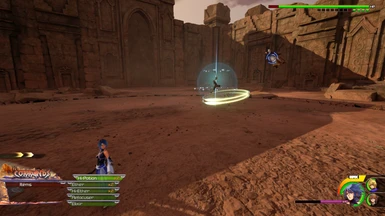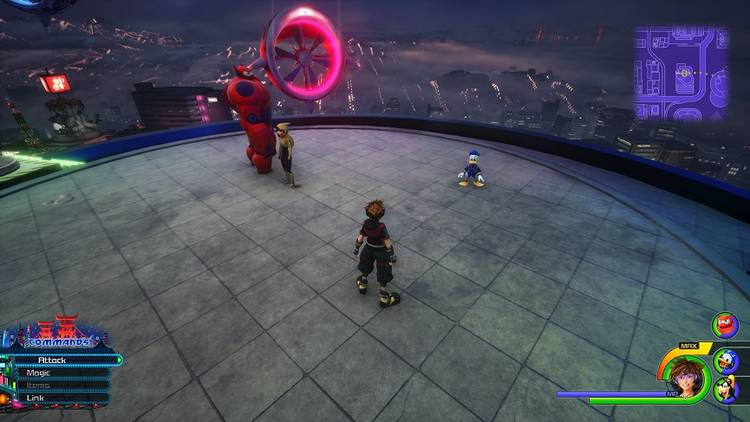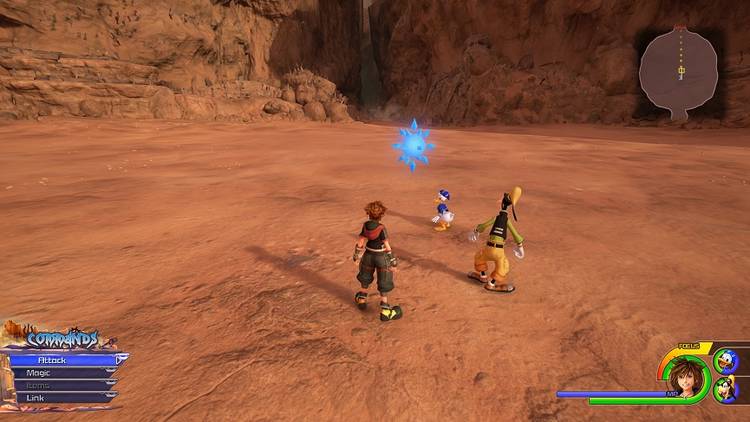
The populace emerged en masse and for the first time in over two months passed freely outside without fear of their enemy. Late in the afternoon, the effort ended and the great effigy stood before the city's main gate. For most of the day, they sweated and hauled, more men taking their place on the ropes as they pulled the ungainly monstrosity up the slope leading to the citadel. Then another hundred gathered ropes, formed two lines and began dragging their prize across the plain between the city and the sea. "What they failed to predict was that it can serve the same purpose outside the city."Ī hundred men cut and trimmed logs for rollers. "Yes, I can understand their vision." Wise old Priam smiled. "So you could not take it inside the city as a prize, where it would be a reminder of the greatest Achaean failure of our time." The edifice was built as an offering for a safe journey home across the seas." "Because they could not take your fortress and because our mighty hero Achilles was killed in battle, they believed they had fallen from the favor of the gods. "What is the story behind this aberration? What purpose does it serve?" If I had not escaped into a grove of trees when they were launching the ships, I would have surely been dragged behind until I drowned or was eaten by the fish." "My cousin listened to those who were my enemies and cast me out of the camp. "Why were you left behind?" the king demanded. At the sight of King Priam, Sinon prostrated himself at the elderly king's feet and pleaded for his life. His name was Sinon, and he was known to be the cousin of the mighty Odysseus, king of Ithaca, and one of the leaders of the great raiding party that had besieged Ilium. The happy event was interrupted as two soldiers escorted an Achaean prisoner through the crowd who had been left behind by his comrades. Satisfied it presented no threat, he declared it a spoil of war and decreed that it be dragged on its rollers across the plain to the gate of the city, where it would stand as a monument to the glorious victory over the raiding Achaeans. Then he walked around the odd-looking edifice, trying to make sense of it.

He stepped to the ground, and acknowledged the cheers of the onlookers. The crowd laughed and chanted with glee when King Priam of Ilium arrived in a chariot. "If this is the best the Achaeans can do for a horse," he yelled, "small wonder we won." A man climbed one of the wooden legs, entered the structure and found it empty. But they soon discovered it was simply a harmless housing on four legs crudely constructed of wood.

Several of them suspected some kind of trick and argued in favor of burning it. Overjoyed that the siege of Ilium had ended, the people threw aside the main gate of the citadel and poured across the open plain where both armies had clashed and spilled their blood in a hundred battles. Dardanian scouts returned and reported that the Achaean camp was abandoned. During the dead of night they had loaded their ships with their supplies, horses, arms and chariots, and sailed away, leaving only the mysterious wooden monster behind. The Achaeans and their fleet had vanished. All they could see was a thick haze of smoke drifting over the ashes of what had been the enemy camp. The Dardanians had awakened in the morning, expecting to see the Achaeans surrounding their fortress city, and ready for battle as they had been for the past ten weeks. To some with a good imagination, it vaguely resembled a stiff-legged horse. It looked like nothing the people of the citadel of Ilium had ever seen. A platform supporting the legs lay flat on the ground. A rounded hump rose on the front of the peaked housing, with two forward slits for eyes. The housing, mounted on the legs, sat triangularly with open ends. The ugly monstrosity stood twenty feet high on four stout wooden legs propped on a flat platform. And it fulfilled its function flawlessly. It was a setup, created with simplicity and an acute insight into human curiosity. I would also like to thank Mike Fletcher and Jeffrey Evan Bozanic for their expertise regarding underwater rebreathers.Ībout 1190 b.c.

He has truly shown the way toward a more practical solution to the mystery of Homer's Trojan War. I am extremely grateful to Iman Wilkens and his revealing book Where Troy Once Stood.


 0 kommentar(er)
0 kommentar(er)
